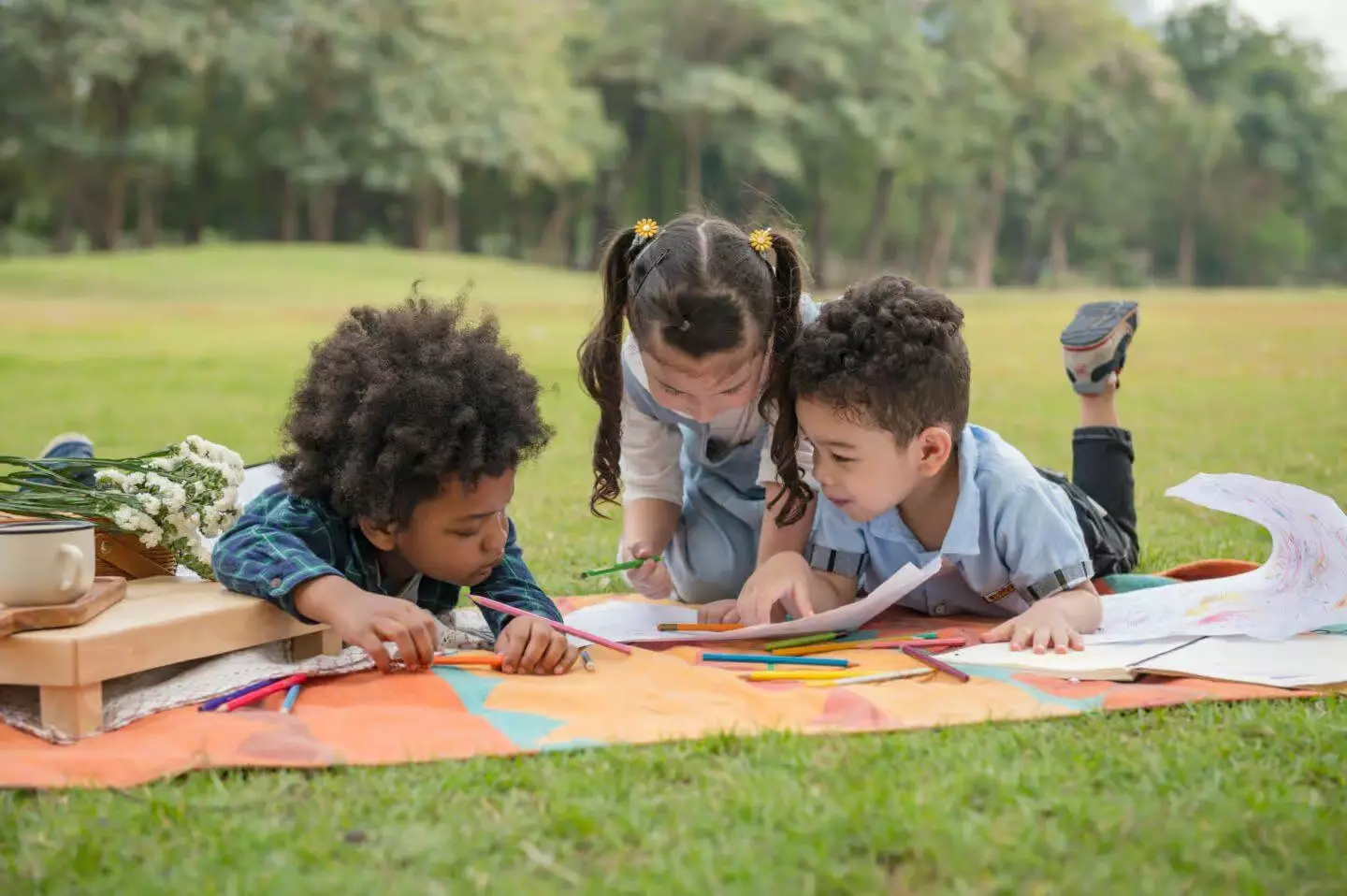Building and maintaining friendships can often feel like navigating a labyrinth, especially for young children. The road to forming these vital connections is often fraught with challenges, from struggles with sharing to the unpredictable emotional outbursts that can occur during play. As parents or caregivers, the responsibility falls on us to equip children with the tools they need to forge meaningful friendships. In this exploration, we will delve into the strategies that can empower our children to not just survive but thrive in their interactions with peers.
Ingraining the Values of Sharing and Compromise
At the heart of friendship lies the delicate balance of sharing and compromise, skills that children are not born with but must learn through practice. One of the most effective ways to instill these essential values is through daily interactions at home. Parents can introduce scenarios that require flexibility and sharing. For instance, instead of solely acquiescing to a child’s preferences during playtime, adults can model assertiveness by expressing their desires while also demonstrating the importance of compromise. “I’d like to play with the yellow block; can we take turns?” This dual approach not only ensures that children grasp the value of taking initiative but also sees the merit in accommodating others’ wishes.
Additionally, using real-life situations as teaching moments can further solidify these lessons. If a toy is in high demand, take this opportunity to discuss the essence of sharing. “I know that toy is your favorite, but let’s practice sharing it together.” The emotional resonance of these interactions lays the groundwork for how children will navigate similar situations with peers in the future.
Understanding and Validating Emotions
The unpredictability of childhood emotions can create turbulence during playdates, making it imperative for parents to guide children in recognizing and expressing their feelings. When faced with disappointment or frustration—perhaps when a game doesn’t go as planned—it’s vital for parents to validate these emotions. Acknowledging feelings with statements like “I can see that you’re upset because you wanted to win” helps children understand that their emotional responses are valid, even when the circumstances are disappointing.
Once emotions are validated, steering them toward constructive solutions is equally crucial. Helping children articulate their feelings while suggesting coping strategies—like taking a deep breath or stepping away for a moment—teaches them how to manage their emotions effectively. Ultimately, these discussions pave the way for resilience, enhancing their capacity to navigate the often chaotic world of childhood relationships.
Creating the Perfect Social Environment
Setting the stage for successful playdates requires deliberate planning. Choosing the right time and environment can significantly impact how children engage with each other. Opt for periods of the day when children are alert and energized, avoiding the notoriously tricky window close to nap time. By creating favorable conditions for interaction, parents can help children experience the joys of camaraderie without premature fatigue.
Moreover, the venue of interaction should facilitate ease and comfort. Neutral spaces, such as playgrounds or community centers, can alleviate the stress some children feel when asked to share their personal toys and space. This environment allows for exploration and connection without the weight of ownership that can complicate play.
The Power of Structure During Playdates
While free play is essential for creativity, introducing structured activities during playdates can greatly benefit children who thrive on routine and guidance. Pre-planning engaging games or cooperative activities not only invites participation from all children but also prevents feelings of exclusion or anxiety that can arise during unstructured play. Activities might include relay races, group crafts, or even simple team games—each designed to require cooperation and communication, reinforcing the essence of friendship.
This structured approach serves as a foundation for teaching skills such as teamwork, patience, and active listening—elements integral to any thriving relationship.
Teaching Boundaries with Kindness
Among the critical lessons we can impart are the concepts of setting and respecting boundaries. Children must learn that it is not only acceptable but essential to express discomfort in social settings. Teaching them phrases like, “I don’t like that; please stop,” instills confidence in their ability to assert their needs kindly and constructively. Additionally, emphasizing the value of personal space and the importance of body autonomy can help children navigate their interactions with sensitivity, both to their own feelings and those of their peers.
Empowering children with these vital skills promotes not just the development of healthy friendships but also the foundation for future relationships, well beyond their formative years.
In the colorful tapestry of childhood, friendships are the threads that bind our little ones together, a formative experience that shapes their emotional, social, and behavioral development. Through patience, guidance, and open discussions, we can help children cultivate the invaluable qualities of empathy, understanding, and connection that will serve them well for years to come.

